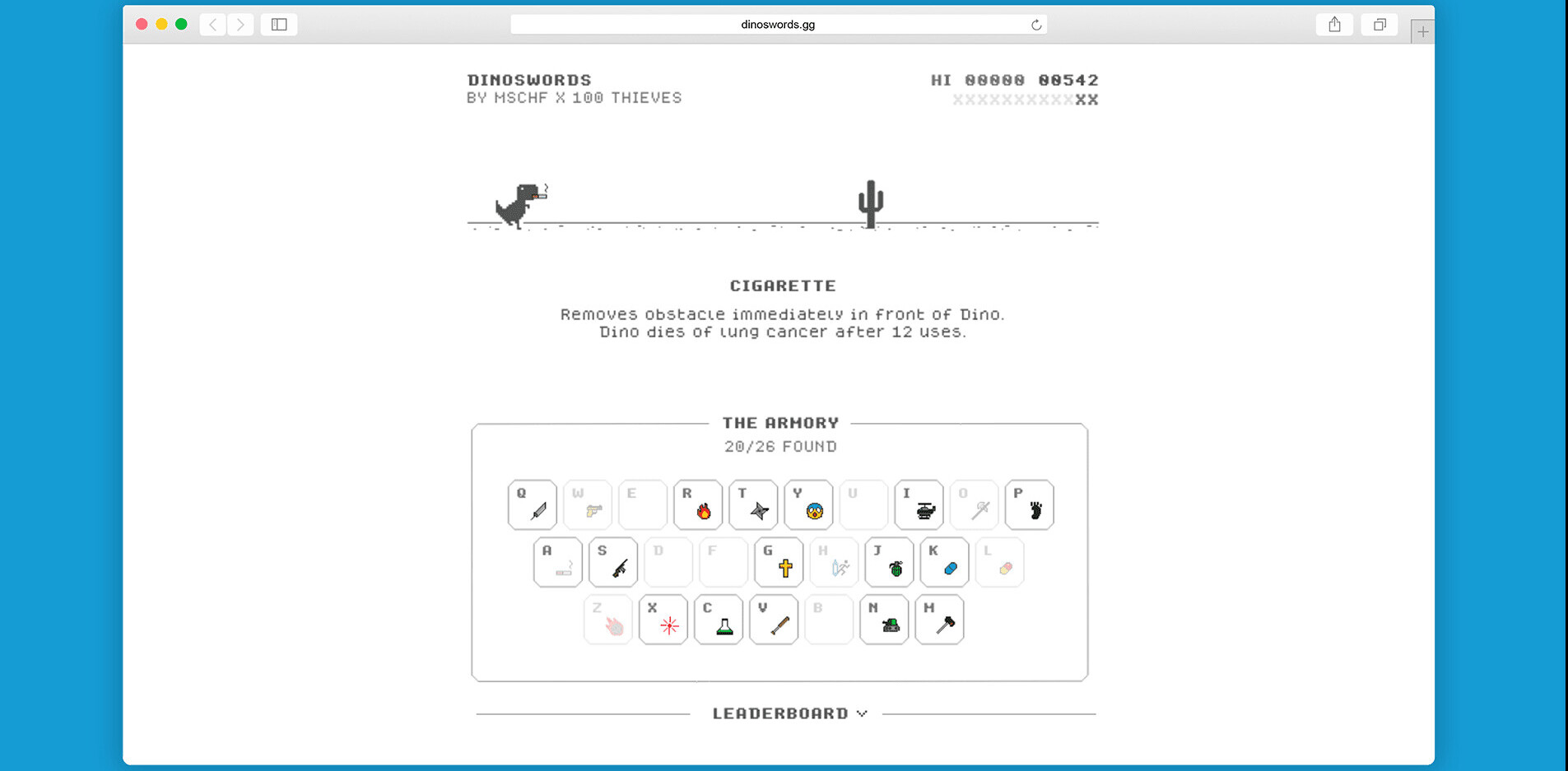
Scientists are the ultimate nerds, and we mean this in the nicest way possible. They are the nerds we aspire to be, the people who make us understand how things work, the guys behind almost everything that defines modern human existence, the folks who put man on the moon!
But then they go and say that the data you put on your e-reader actually makes it heavier. Crazy, right?
Not really, according to computer scientist John Kubiatowicz, from UC Berkeley. The books you put on your Kindle increase its weight, and not in the sense of gaining you respect among your friends and colleagues for having a scholarly taste in books. No sir, it’s actual weight in the physical world. And it’s not just the Kindle or just e-readers either, it’s every device that you load data on.
You see, the downloading of ebooks to your e-reader changes the level of energy stored in the electrons on it. Their physical number stays the same but, as Albert Einstein so cleverly put it, E=mc2. If those electrons are storing more energy, they gain more mass—ergo, your e-reader becomes heavier!
You may have noticed that you have read over 150 words already and have yet to find out how much the weight actually increases by. That is by design. Because the increase in weight is by 10-18 of a gram, or 0.000000000000000001g. Kubiatowicz tells us that it’s called an attogram, but we are pretty sure he made up that word on the fly (nope, just kidding).
So how much is an attogram anyway? You won’t be the least bit surprised to know that it’s such a tiny unit of weight that it is unmeasurable by any scales that currently exist and you can actually affect the weight of your Kindle more by charging its battery or wiping off its screen.
So yeah, it’s effectively nothing, but hey, you did get to find out what hijinks computer scientists are up to in their spare time and learn a new word while you are at it, and that’s got to count for something, right?
Get the TNW newsletter
Get the most important tech news in your inbox each week.




